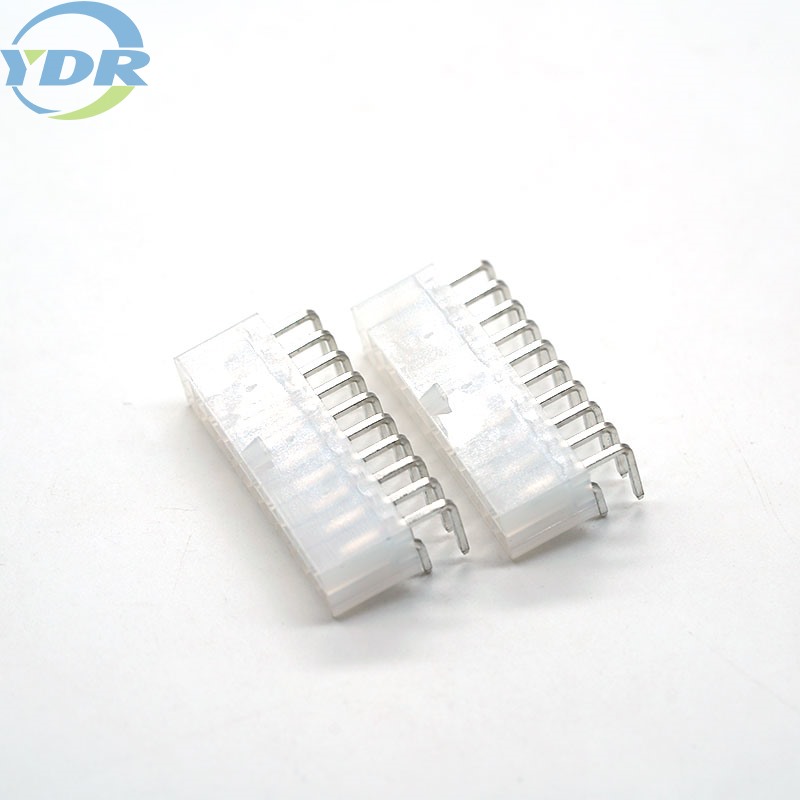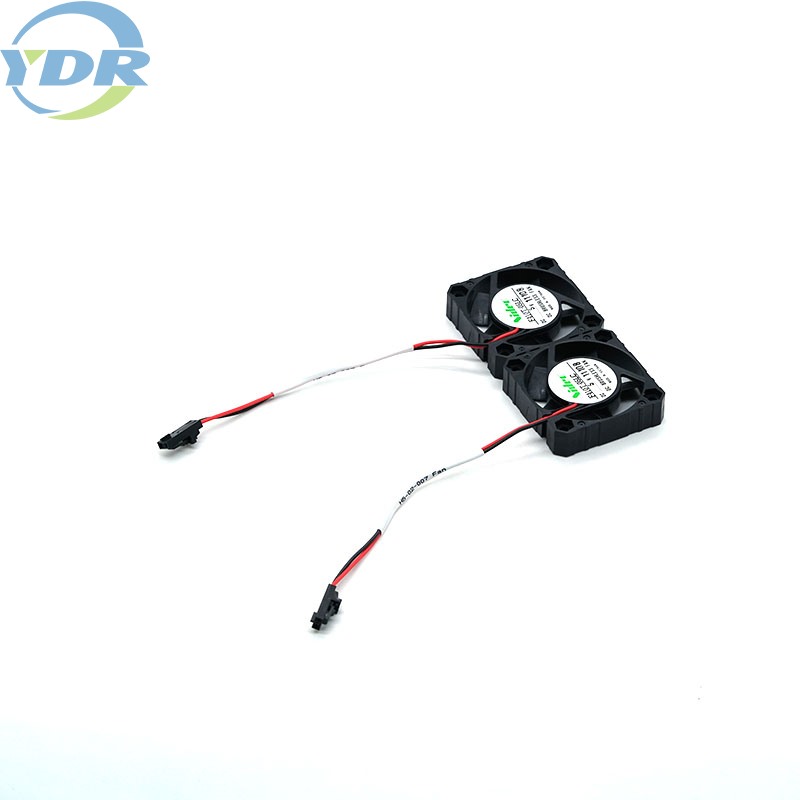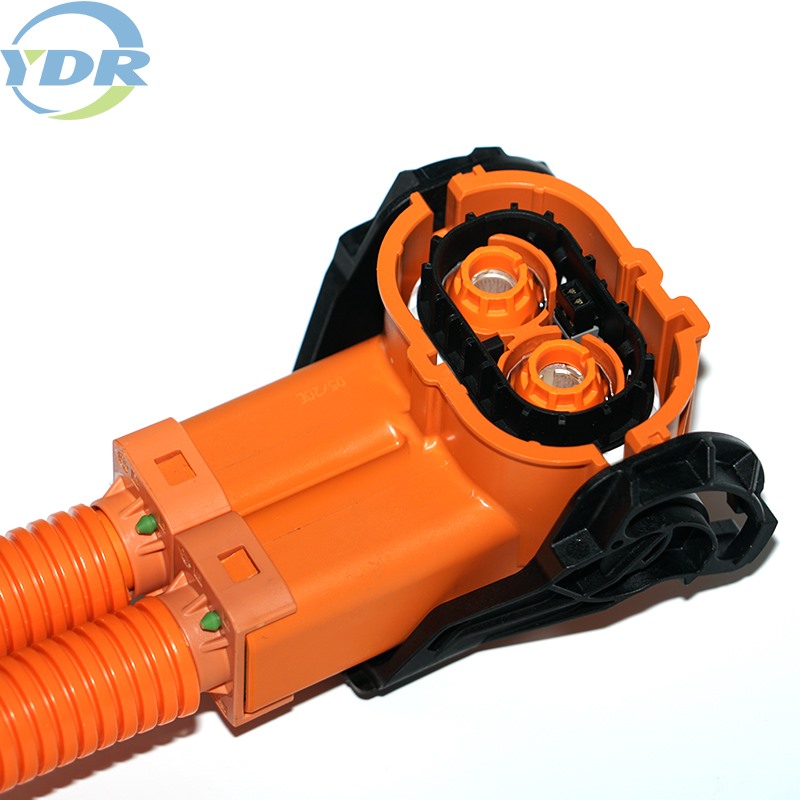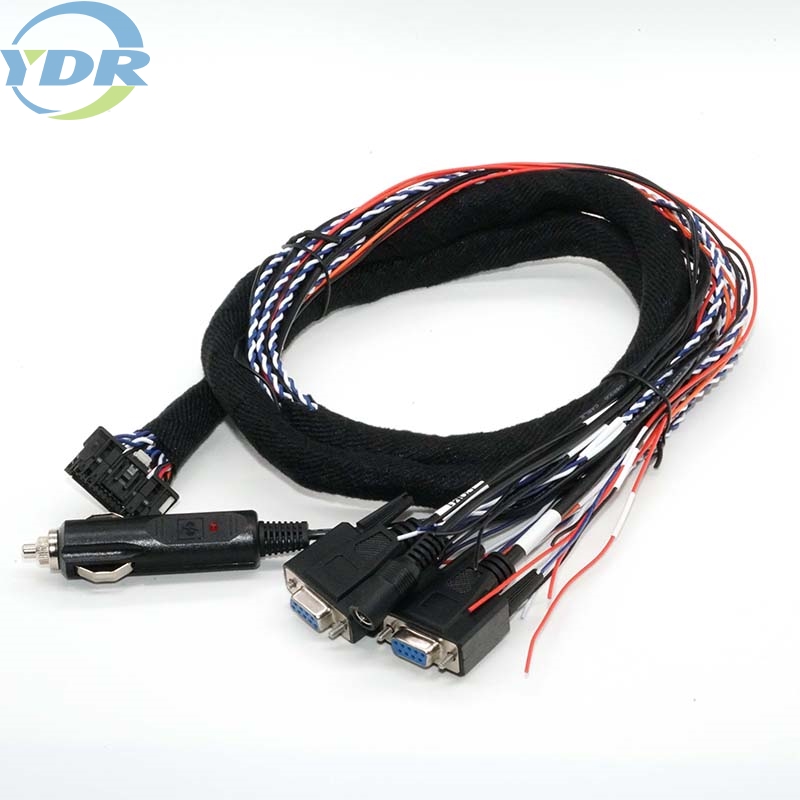The difference between cable connector and device
connector
The cables themselves are useless unless they end with a connector or a more special coaxial connector. A coaxial connector allows one cable to be connected to another cable or a device. Therefore, there are two different types of connectors: those connected to the cable and those connected to the device. The device connector has a four-hole flange.
1. Cable centralized connector
In a cable, the connector is mechanically tightly connected to the end of the cable. Once the connector is connected to a cable, it becomes a cable assembly. RF engineers then connect each part according to their own needs. When only a few cable assemblies are needed, they are more affordable and faster to assemble by themselves; but when a lot of cable assemblies are needed, it is better to buy cable assemblies.
2. Connector
The goal of each
connector is the same, with minimum insertion loss. Although the insertion loss of the connector is very small compared with the cable, the
connector does have an insertion loss, and there are many different types of connectors. Almost all connector families have connectors suitable for cables and devices. As a general rule, the connectors of one group will not match the connectors of another group.
Because some connectors are large in physical size, while others are small. If an inexpensive cable assembly is needed, then choose a small diameter cable, which limits the choice of
connectors to the small connector family available. If the cable needs to carry high-power radio frequency signals, a large-diameter cable is required, so a large
connector is required.
The second reason is evolution. As the times change, connector manufacturers often improve the connection according to actual needs, or reduce the insertion loss, or facilitate the use of the connection. Significant changes are made to an existing connector type each time.
3. Adapter
Because of these different connector families, an interesting phenomenon has emerged. RF engineers are forced to connect a cable with one connector to another cable or device with a different connector family. This cannot be done. The adapter is that they are in step. Adapters, also called coaxial adapters, are short bilateral connectors. On one side is one type of connector, and once is another type of connector.

 English
English  Español
Español  Português
Português  русский
русский  Français
Français  日本語
日本語  Deutsch
Deutsch  tiếng Việt
tiếng Việt  Italiano
Italiano  Nederlands
Nederlands  ภาษาไทย
ภาษาไทย  Polski
Polski  한국어
한국어  Svenska
Svenska  magyar
magyar  Malay
Malay  বাংলা ভাষার
বাংলা ভাষার  Dansk
Dansk  Suomi
Suomi  हिन्दी
हिन्दी  Pilipino
Pilipino  Türkçe
Türkçe  Gaeilge
Gaeilge  العربية
العربية  Indonesia
Indonesia  Norsk
Norsk  تمل
تمل  český
český  ελληνικά
ελληνικά  український
український  Javanese
Javanese  فارسی
فارسی  தமிழ்
தமிழ்  తెలుగు
తెలుగు  नेपाली
नेपाली  Burmese
Burmese  български
български  ລາວ
ລາວ  Latine
Latine  Қазақша
Қазақша  Euskal
Euskal  Azərbaycan
Azərbaycan  Slovenský jazyk
Slovenský jazyk  Македонски
Македонски  Lietuvos
Lietuvos  Eesti Keel
Eesti Keel  Română
Română  Slovenski
Slovenski  मराठी
मराठी  Srpski језик
Srpski језик 





